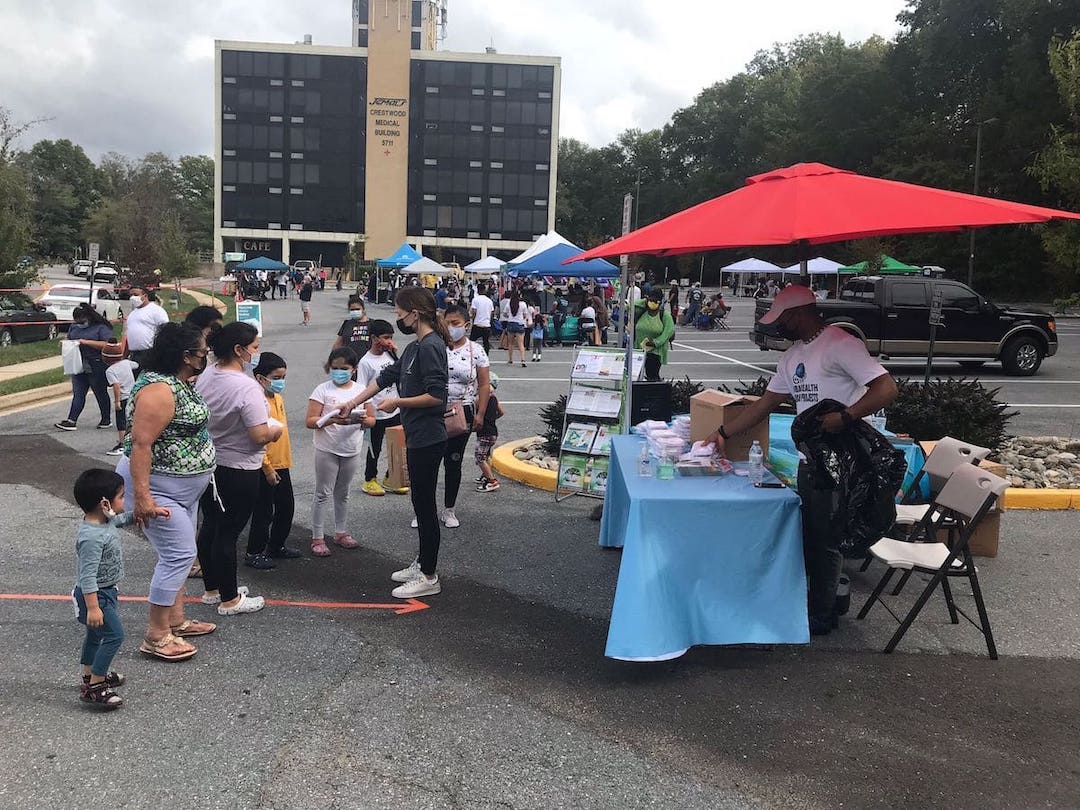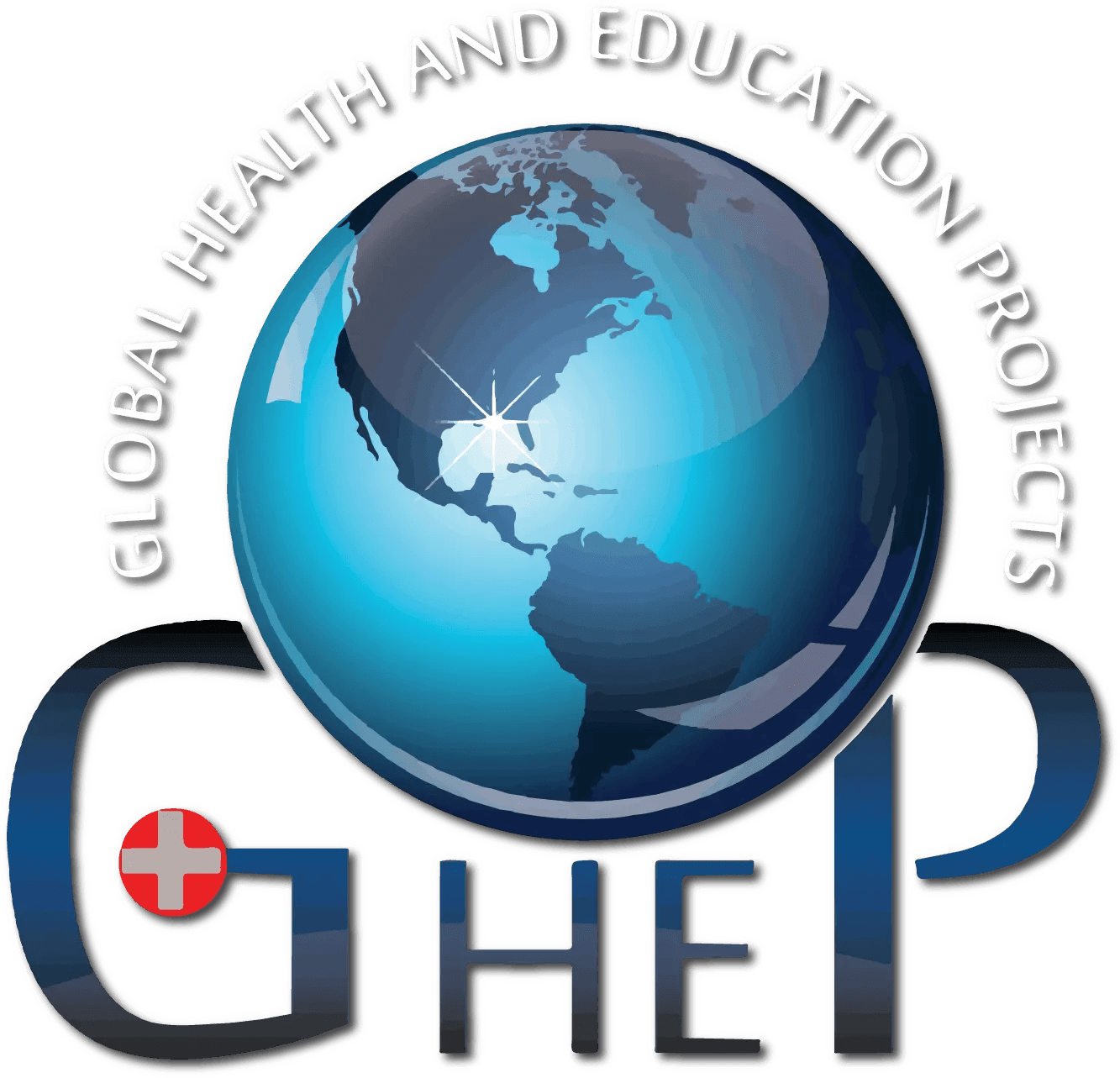Transforming Lives, One Community at a Time
Health or education disparity refers to particular types of health or education differences that are closely linked with social, economic, and/or environmental disadvantage. The term disparities is often erroneously interpreted to mean racial or ethnic disparities, but many dimensions of disparity exists that are unrelated to race or ethnicity. Yes, health and education disparities transcend race/ethnicity. They stare us in the face every day. And they are real. They are not imaginary. Health and education disparities rob humanity of its full potentials, regardless of race or ethnicity.
Our mission to eliminate health and education disparities by addressing the social determinants of health acknowledges the multi-faceted dimensions of disparities. Our different programs anchored on the social determinants of health ensures that we are addressing the root causes of inequities and not merely treating the symptoms. Social determinants of health are conditions in the environments in which people are born, live, learn, work, play, worship, and age that affect a wide range of health, educational opportunities, functioning, and quality-of-life outcomes and risks. Disparities and the inequities that come from them are multi-faceted, so should the strategies to address them.

Family Tree Adoption Program (FTAP)
Trees are known to provide numerous public health and social benefits. Trees clean the air, beautify neighborhoods and landscapes, help to conserve energy, help to reduce water pollution and soil erosion, cool city streets, increase property values, and provide food and habitat for wildlife, among other benefits. Experts recommend a 45% tree canopy, however, the tree canopy in Prince George’s County is abysmally low at 8%. We’re greening the world by providing free trees to private home owners who plant native trees and shrubs on their yards. Through FTAP, we are regenerating tree canopy in urban areas and engaging communities in sustainable environment and watershed programs.
Community Diaper Distribution Program
Diaper need is a tremendous but seemingly unrecognized economic and public health problem facing millions of families in need in our communities. It is estimated that 1 in 3 mothers in the U.S. suffers from diaper need. Diaper need is more distressing to Moms than not having enough food for their families.
Our free community diaper distribution program/pantry provides free diapers to families in need in our community who are experiencing diaper need. The program called “We Love Babies Infant Diaper Program” addresses the needs of a teeming population of members of our community who are experiencing hardship in the form of diaper need. Diaper need simply means the struggle to provide babies with clean and dry diapers that are necessary for them to grow and thrive. And we are helping.


Community Health Empowerment Program
Each year, nearly 900,000 Americans die prematurely from the five leading causes of death, namely heart disease, cancer, unintentional injuries, stroke, and lower respiratory diseases. However, up to 40% of these deaths are preventable. These diseases and death from them can be prevented through changes in behaviors that worsen the risks for these diseases. Our community-based health empowerment program helps community members to prevent the onset of preventable diseases by offering access to health information, brief health education, and health interventions such as health screening, diagnoses and referrals. Scientific evidence shows that interventions providing self-measurement of blood pressure with educational support are effective in the improving blood pressure control.
Public Health Training
There is an excellent occupational outlook (job growth) for public health specialties. Public health professionals are in demand, and the jobs needing public health expertise will continue to increase into 2026. The U.S. Bureau of Labor Statistics projects high occupational growth for public health specialties, including 9% for Epidemiologists; 15% for social workers; 16% for health educators and community health workers; and 33% for Statisticians. Despite the excellent occupational outlook for public health, there is a scarcity of qualified professionals capable of filling the many available positions. Our public health internship program fills this gap. We prepare the next generation of public health professionals by offering opportunities for on-the-ground public health experiential learning.

OUR PROGRAMS
What we are doing
FAMILY TREE ADOPTION PROGRAM
COMMUNITY HEALTH FAIRS
YOUTH EMPOWERMENT
MATERNAL & CHILD HEALTH DIAPER PROGRAM
PUBLICATIONS & JOURNALS
DOWNLOAD FREE RESOURCES
Our impact goes beyond the counts and the numbers. Our impact is not only demonstrated in numbers. We count what matters. Our impact strives to capture the whys and the hows. We don’t just count; we put faces to the numbers; we put geographies and neighborhoods to the numbers.
Our aspirations for impact force us to ask the fundamental questions: to what extent have our programs reached members of the community? How have the lives of children, mothers, fathers, individuals and communities been touched and transformed by the programs we deliver? How have our programs offered that ladder of opportunity for that person, that family, and that community?
The community is at the front and center of our programming. We build genuine coalitions with local communities to design strategies and program interventions that solve local felt-needs.
Our work in the community is anchored on the principles of community-based and community-partnered participatory programming. We apply these principles and vest tremendous respect for the dignity of the community. We recognize the enormous challenges and opportunities present in the communities for enhancing health, educational achievement, and economic empowerment. We engage in meaningful partnerships, make the investments, develop the relationships, suffer the pains, and reap the benefits of the community through genuine and lasting partnerships.
Our programs are driven by the best available data and evidence powered by scientific knowledge and information. We strive to close that gap between the bench and community by providing opportunities for innovation, discovery, and implementation of latest knowledge to prevent diseases, save lives, and support quality of life.
We recognize and will be humble in changing our practice(s) when new data and scientific evidence challenge century-long accepted practices. We recognize the evolutionary nature of knowledge and acknowledge that knowledge is not static. We leverage available knowledge-enhancement through continuous learning from the community and science.
Join Us
Join Us: Volunteer, Partner, Sponsor
Subscribe
Receive Latest News from GHEP
Shop
Support a Cause, Shop Gift Items & Materials
Donate
Your Donation Helps Eliminate Inequities
